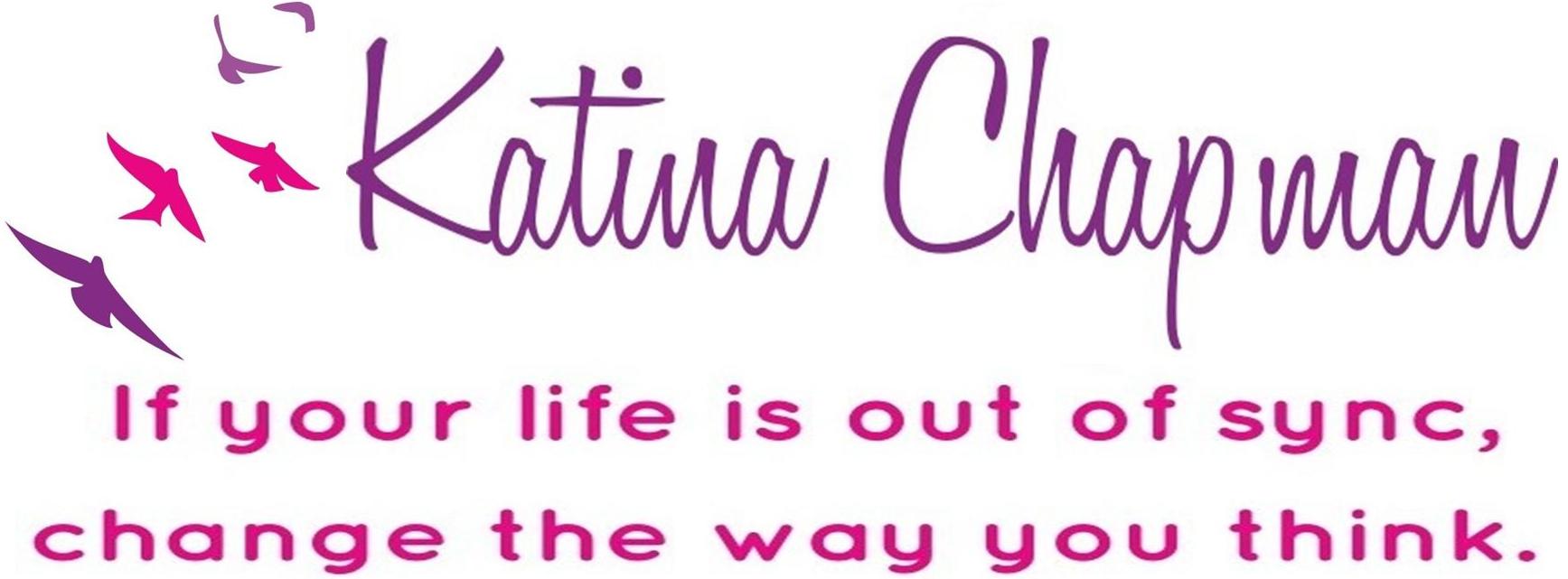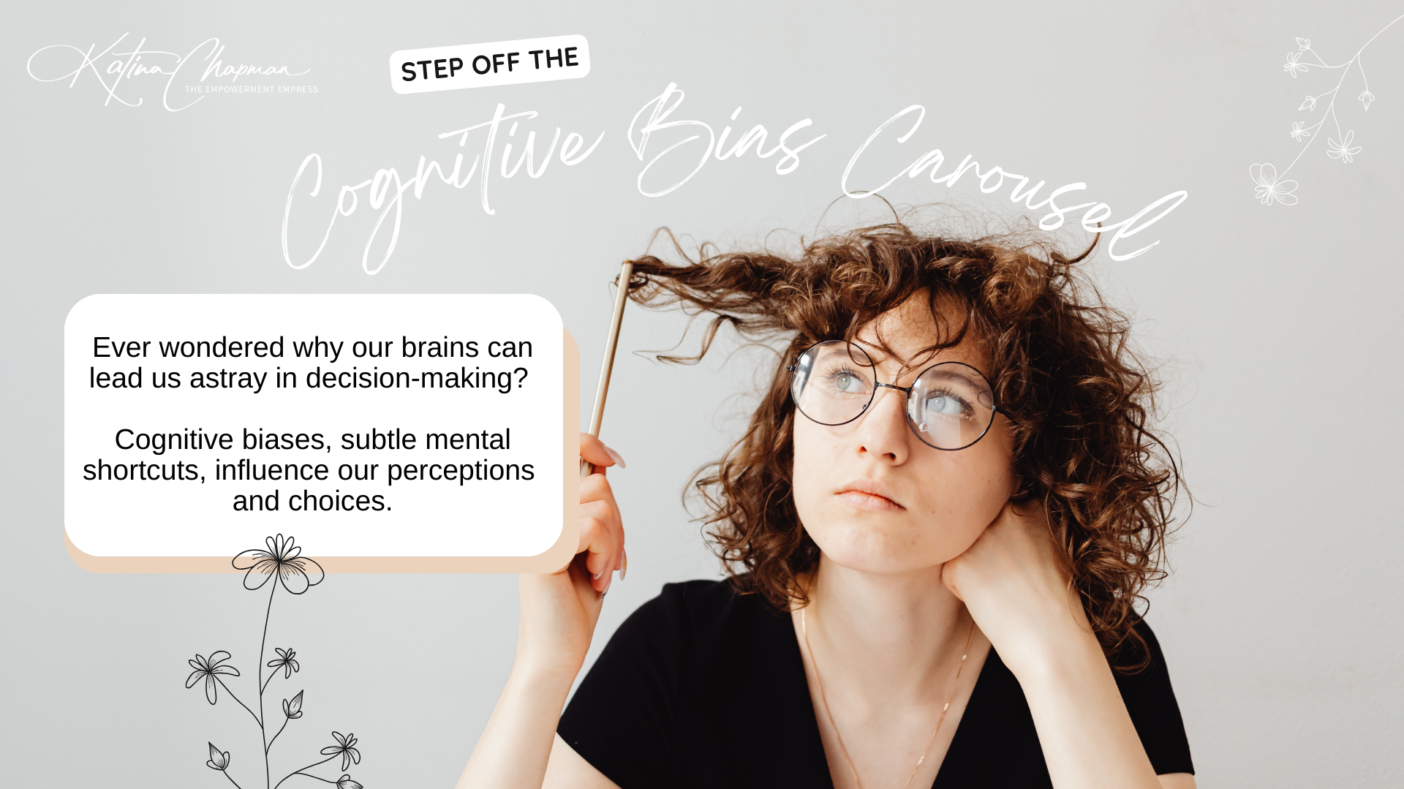Embark on a journey and step away from the cognitive bias carousel!
Have you ever pondered why our brains occasionally lead us astray in decision-making? It’s all down to our cognitive biases — those subtle mental shortcuts that influence the way we perceive and choose.
These captivating carousel of biases, spanning from confirmation bias to availability bias, holds the key to unraveling the complexities of our decision-making processes.
By exploring these biases, we empower ourselves to make more mindful decisions and gain a deeper understanding of the inner workings of our minds. Knowledge becomes our compass, steering us towards choices that align with our true intentions and values. ????
Tips For Overcoming Unconscious Bias
Overcoming unconscious bias is a vital step towards personal growth and creating more inclusive environments. Here are some practical tips to help you address and reduce unconscious biases:
✨Increase Awareness: The first step in overcoming unconscious bias is to acknowledge that everyone has biases. Take time to learn about different types of biases and how they manifest. Tools like Harvard’s Implicit Association Test can help you uncover biases you may not even be aware you have.
✨Educate Yourself: Dive into cultures, experiences, and perspectives different from your own. Read books, watch films, and listen to podcasts that broaden your understanding of the world and the diverse people in it. The more you know, the less likely you are to rely on oversimplified assumptions about others.
⏳Slow Down Decision-Making: Bias often kicks in when decisions are made hastily. Take time to consider why you’re making your decisions, what factors are influencing you, and whether your choices might be affected by stereotypes or baseless assumptions.
✨Check Your First Thoughts: Often, our first thoughts are conditioned responses based on biases and stereotypes. When you recognize these thoughts, take a moment to challenge and analyze them instead of accepting them as truths.
✨Seek Out and Listen to Different Voices: Make a conscious effort to engage with people who have different life experiences and viewpoints. This can help challenge your preconceived notions and reduce biases. In conversations, practice active listening without preparing your response while the other person is speaking.
✨Implement Structured Systems in Decision-Making: Whether you’re hiring or simply organising a team project, structured processes help minimise biases. This can involve standardised interview questions, blind recruitment practices, or setting clear, consistent criteria for evaluations.
✨Promote Accountability: Encourage feedback from others on how your biases might affect your decisions or behavior. Having a trusted peer or mentor to help point out instances where bias may play a role can be invaluable.
✨Reflect Regularly: Take time regularly to reflect on your interactions and decisions. Consider how bias could have influenced your behaviours and think about ways to improve in the future.
✨Practice Empathy and Compassion: Try to put yourself in others’ shoes, especially when their experiences are far removed from your own. Empathy can be a powerful tool for breaking down barriers and challenging stereotypes.
Reflect on your own biases and use this transformative power to unlock your mind!
By consciously working on these areas, you can make significant strides in recognising and reducing unconscious biases, leading to more fair and inclusive actions and attitudes in your personal and professional life.
Read more about brain hacks and how your mind works

